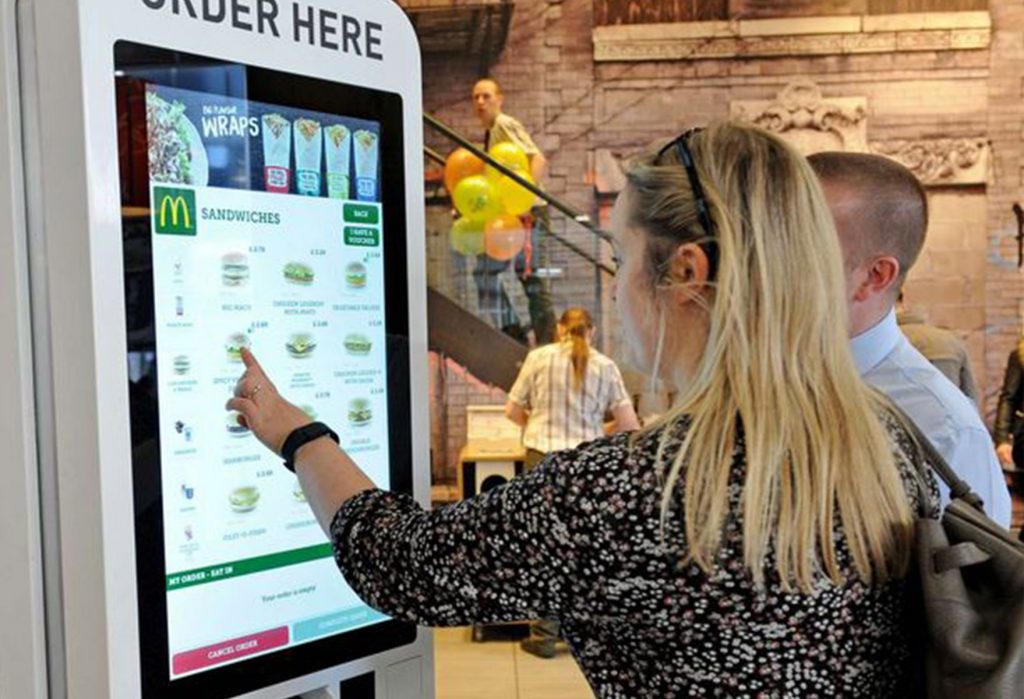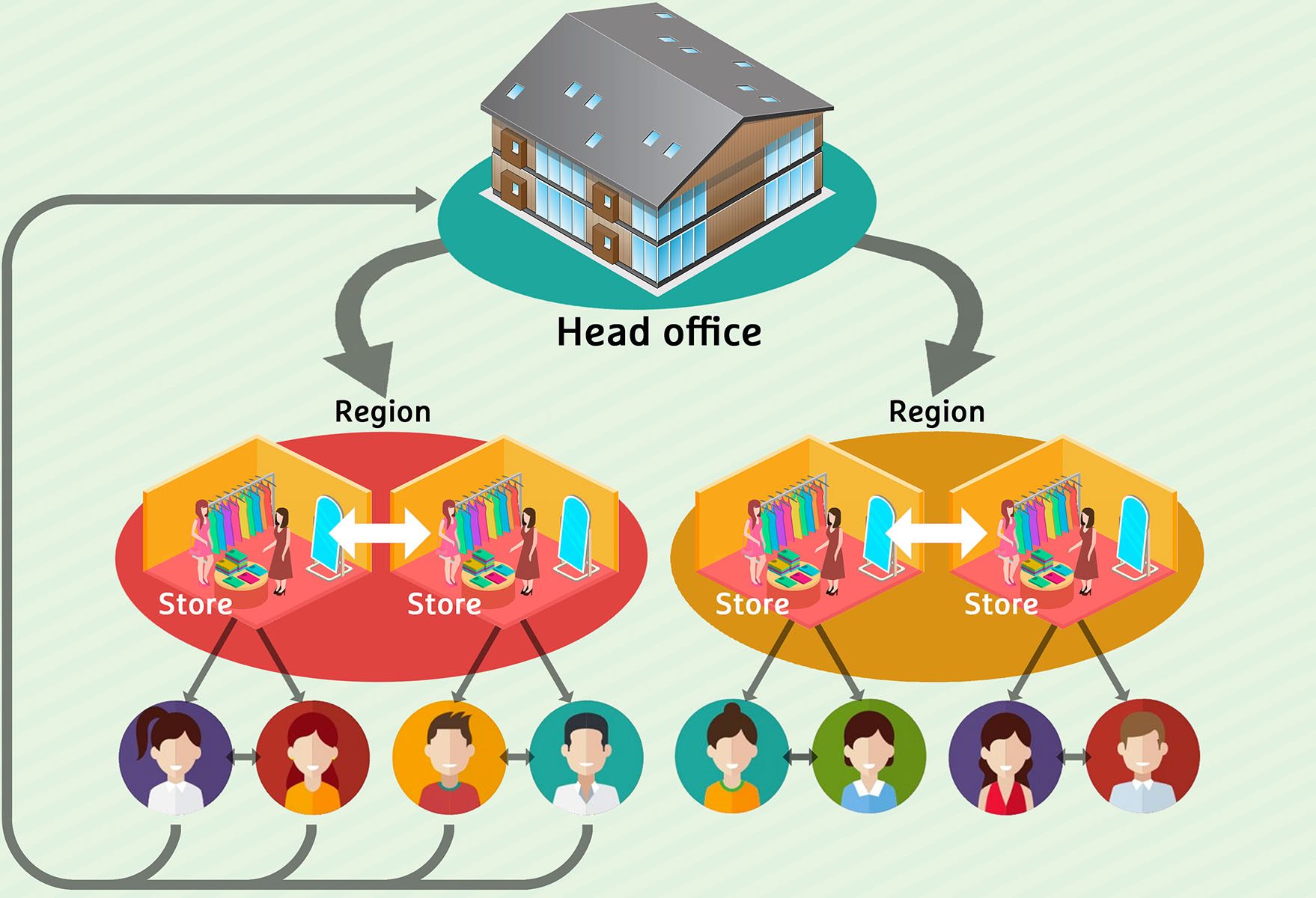It has recently been reported that 79% of diners believe that restaurant technology improves their guest experience.
The recent study of 1,115 diners revealed that most people value the use of technology in restaurants, saying that it positively impacts their dining experience. The survey found that technology had the largest impact in Quick Service Restaurants (QSRs) such as Subway or McDonald’s.
The second most important factor of the dining experience, after delicious food, was quality service, followed by how quickly diners receive their orders and how quickly they can pay the bill. Diners suggested that the use of technology improves the speed at which they can receive and pay for their food, with 62% of diners using mobile ordering at least once a month.
New research from Barclaycard has also reported that brits are becoming more demanding in restaurants, claiming that 56% of dining choices are changing mostly for convenience and 37% prioritise quick service over value or menu choice.
Due to such changes in eating out, with the emphasis being on convenience and speed, the sector has a huge demand for the investment in new technologies in restaurants of all kinds.
Many restaurants now allow for mobile ordering through companies such as Deliveroo or JustEat and large QSR chains like McDonald’s have taken the step into introducing technology more prominently within the restaurant with kiosk ordering to quicken payment. However, we very rarely see casual restaurants embracing the use of new and innovative technologies and with 49% of people becoming impatient when left to wait too long to pay at the end of their meal, it appears the demand for technology in restaurants is growing.
Simple paying options such as the ability to pay through a mobile phone, by using a bank card or through PayPal for example, could be an easy way to keep customers happy. Other such technologies such as contactless payment at the table, built into a cloud-based tablet system that displays the correct order amount per table could also be useful. Simpler still, apps that split the bill quickly and easily to provide a quicker and more convenient experience for those wishing to pay separately.
Although quickening food delivery may be trickier – food can only cook so quick – the process from ordering to receiving could be streamlined substantially through the use of automated kitchen management systems. These allow the order to be displayed immediately after being taken, with no need for waiters to walk to and from the kitchen whilst also ensuring no discrepancies are made in handwriting, amounts, and alterations to a meal.
All employees, owners or otherwise, who work in hospitality know that creating customer loyalty is a key aspect to success within the industry. Customers have to leave happy – not disgruntled by long waits. Thus, as we see the restaurant industry moulding around convenience, technology must be considered as a vital necessity rather than a luxury.





